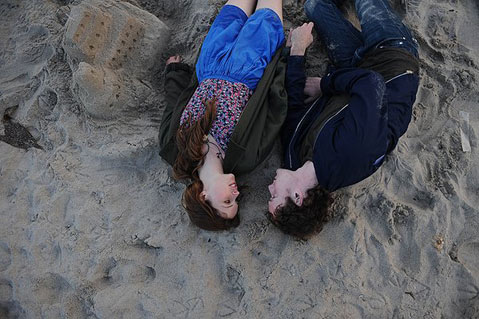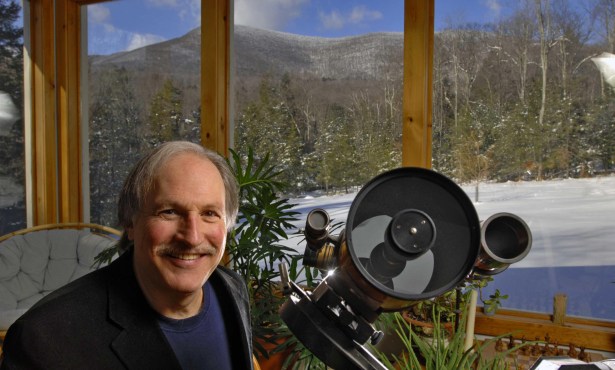Like Crazy
Anton Yelchin, Felicity Jones, and Jennifer Lawrence star in a film written by Drake Doremus and Ben York Jones and directed by Doremus.

Chalk it up for the new, leaner, meaner era for resourceful young filmmakers with a good story to tell and a creative spin for telling. Shot on the affordable Canon EOS 7D digital camera, and largely improvised, Drake Doremus’s compelling love saga Like Crazy went on to win the Grand Jury Prize for dramatic film at this year’s Sundance Film Festival. Like Crazy is a refreshingly artful and cliché-busting take on the highs and lows of young love, bolstered by the courage of its artistic convictions.
Early in the film, love blossoms easily and briskly between our college-age protagonists in Los Angeles (Anton Yelchin and Felicity Jones, an unusually believable pairing), through tender encounters and an unforced montage sequence. Alas, the love story grows strained and long-distanced when she is forced to return to her native England. Their lives take separate paths, although the love prospect continues to haunt and urge, as it will. It’s a testament to the film’s power that we’re made to feel the magnetism between them — in both positive and negative polarities — in their mutual presence and in absentia.
Combining the vérité-ish devices of handheld camera, improvised scripting, and jump-cutting between time and place with what is actually a clear and propelling underlying structure, the film’s narrative flows fluidly through different phases in the story. We’re taken in and out of the relationship, once clear and present and then increasingly complicated, which keeps nagging at the lovers’ hearts and minds. The end effect is a tension and release and tension loop, with love in the margins, and no easy, Hallmark card–suited resolutions in sight.
Beyond the film’s empathetic and dizzying narrative of the lovers in the transcontinental crosshairs, Like Crazy inspires as an example of how film can stretch beyond the stifling crutches of formula. The young-love genre, like any other, doesn’t have to be inane and sentimental, or even happy-ending driven. Life and love don’t roll according to a master plan, and neither does art — even at the multiplex.



